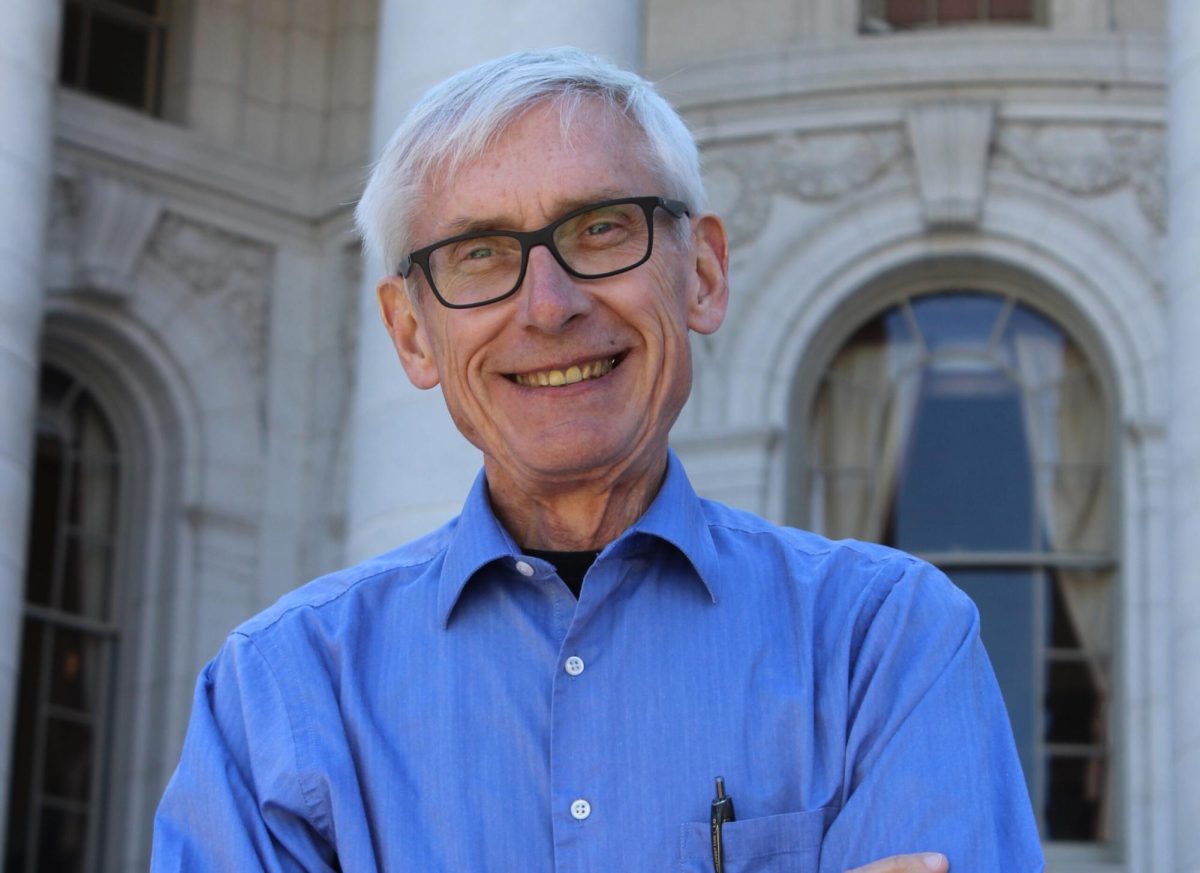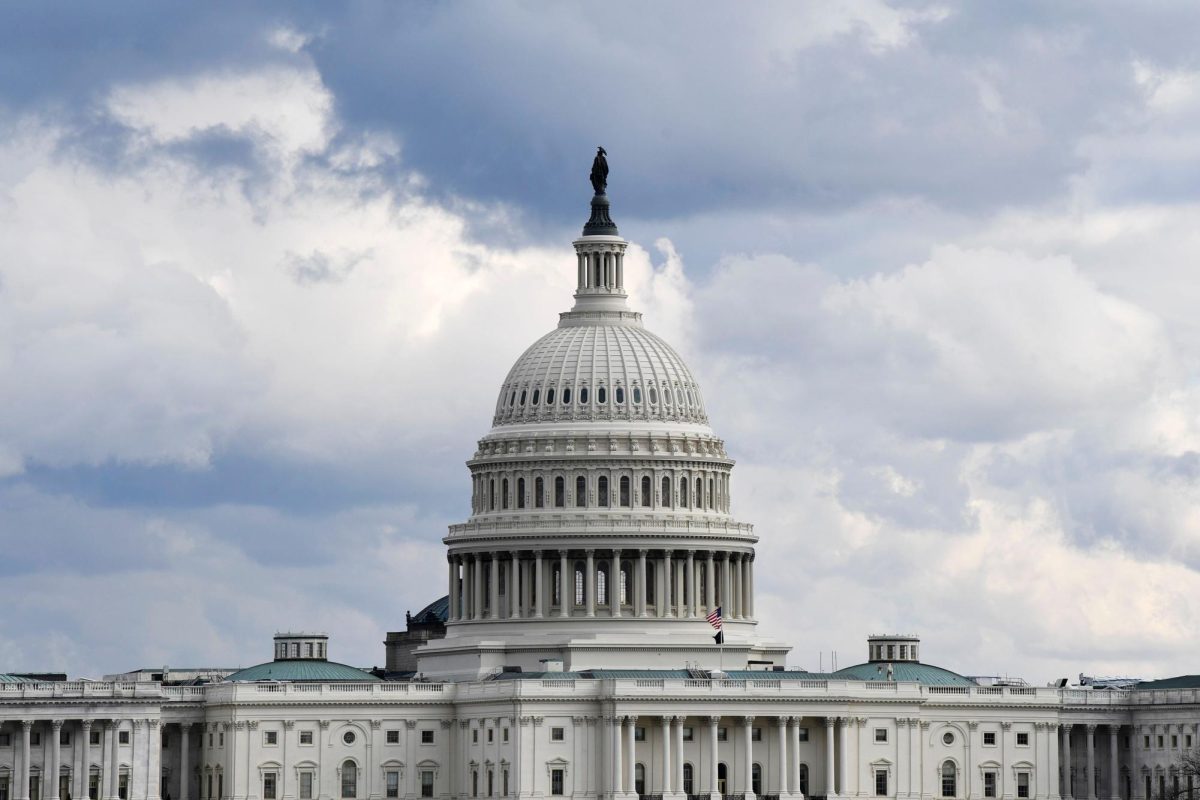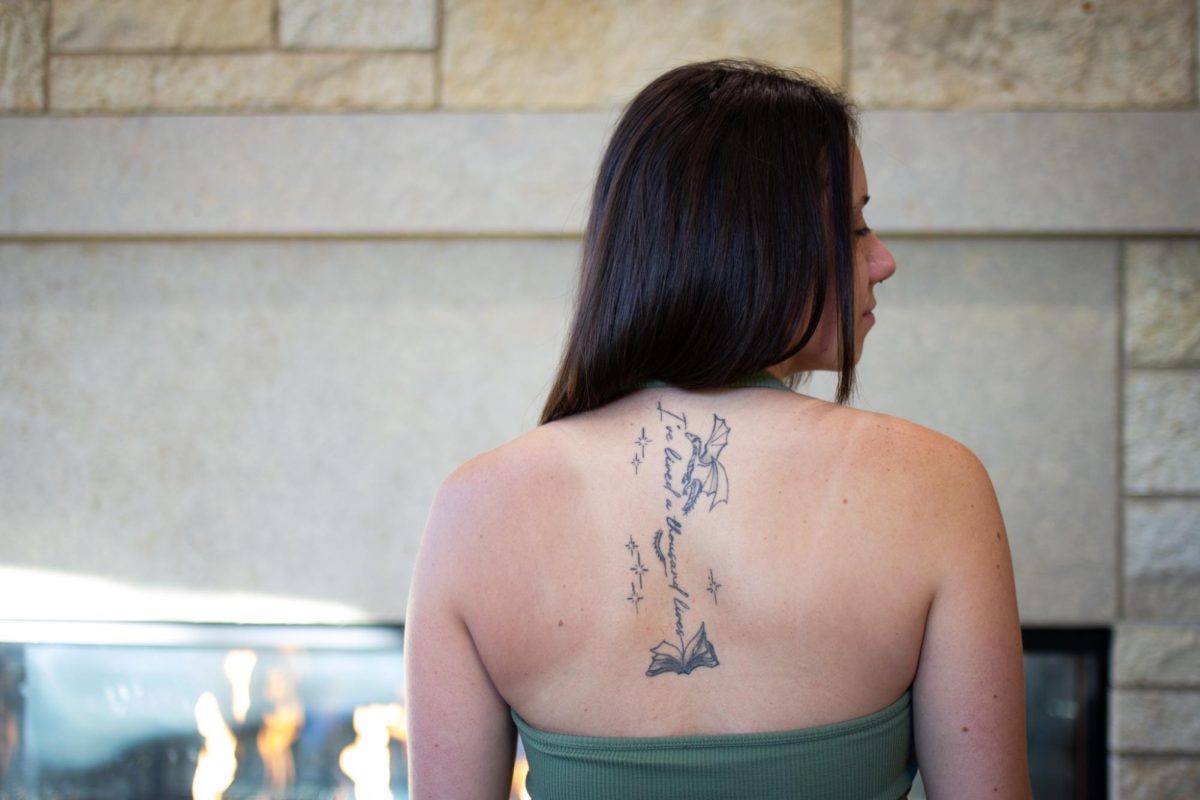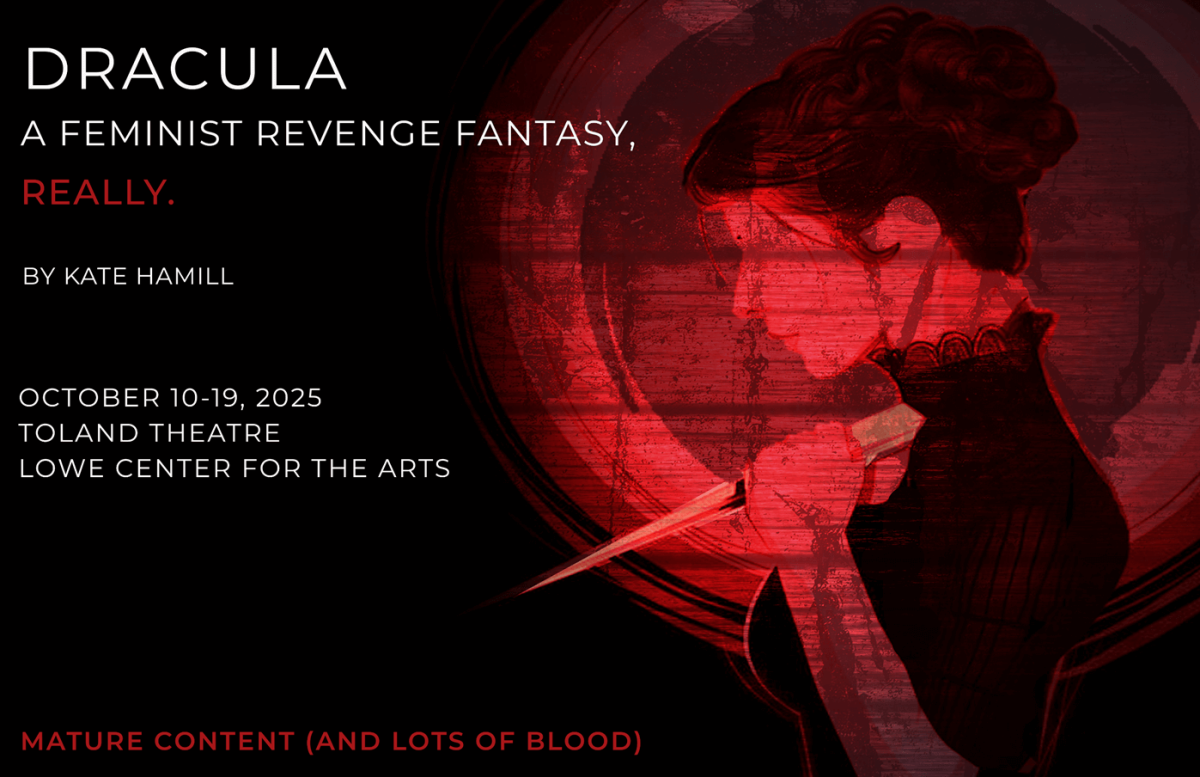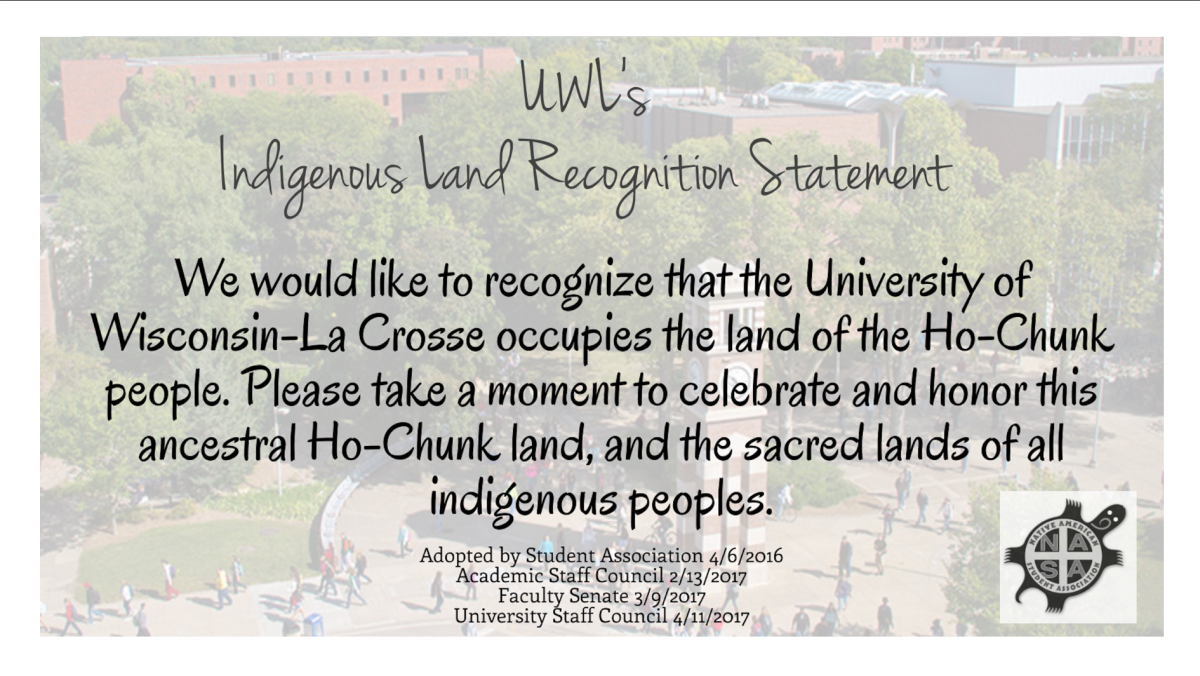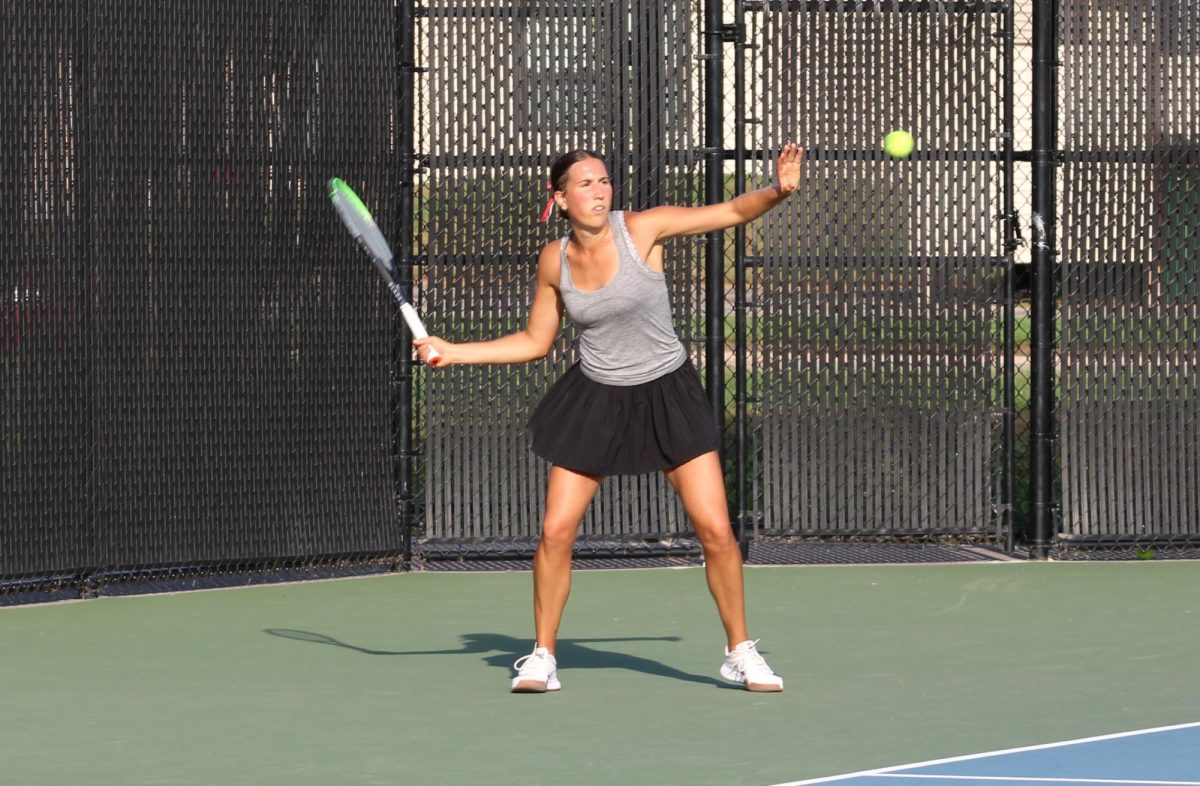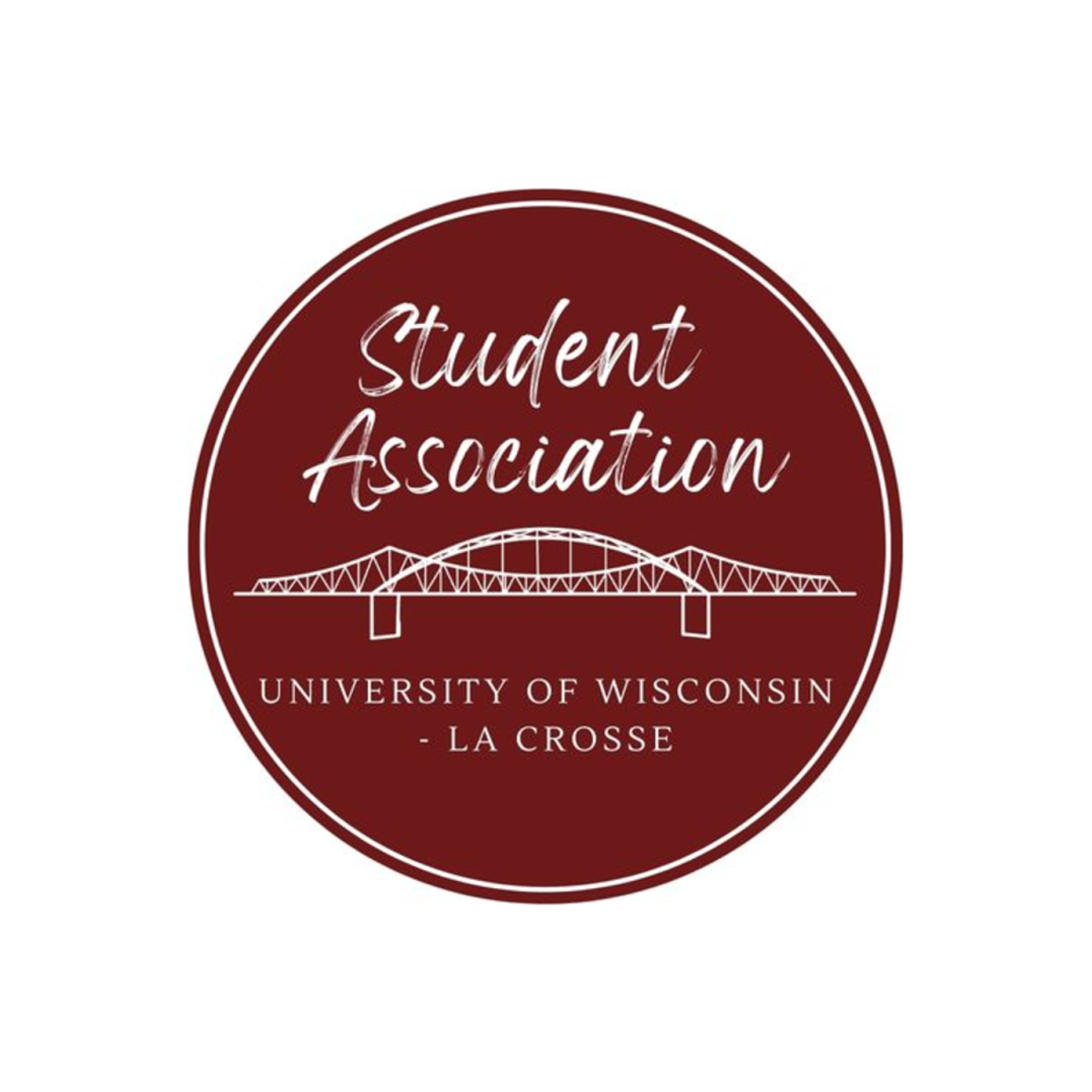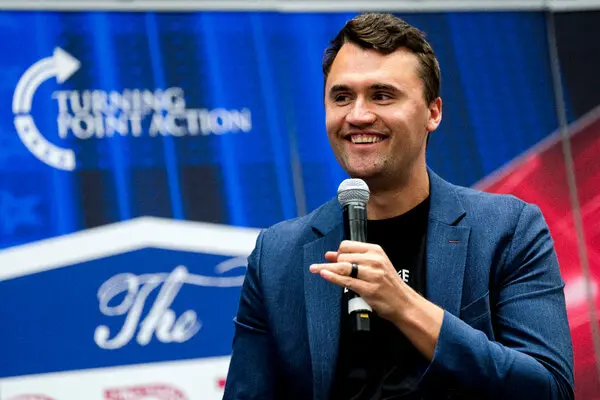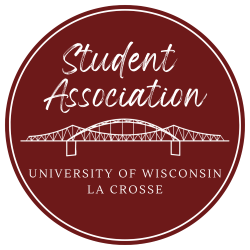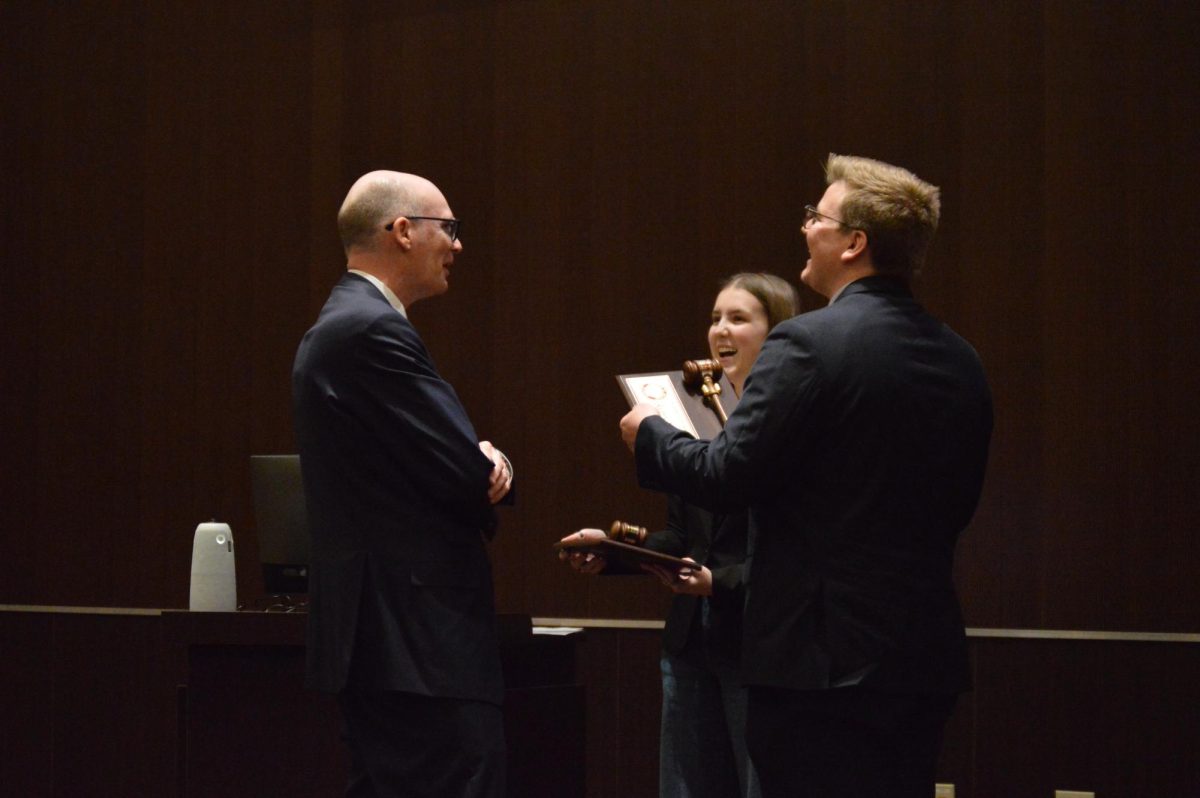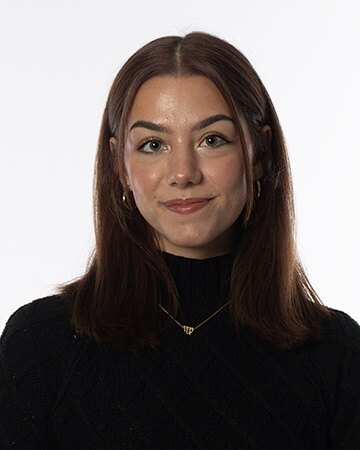In 2020, 68% of University of Wisconsin-La Crosse students voted in the race between current President Joe Biden and former President Donald Trump.
This year, with Vice President Kamala Harris and Trump on the ballot, student participation is just as essential.
The Racquet Press spoke with Wisconsin Governor Tony Evers about the role of college student engagement in the Nov. 5 presidential election.
Evers served as Wisconsin state superintendent of public instruction for nine years on the University of Wisconsin System Board of Regents and was a public school teacher for over 30 years. He said this experience gave him insight into the need for a politically engaged student body.
“We need younger people and people that are on campuses to vote so that the state is in a good place once you graduate,” said Evers.
Evers discussed what he believes to be at stake this election, such as reproductive rights and the Department of Education.
During his presidency, Trump nominated three conservative Supreme Court justices who were essential in overturning Roe v Wade. Consequently, abortion rights were given to the states to decide and millions of individuals were left without abortion access. Harris hopes to get Roe v Wade reinstated if elected.
As for Trump’s views on schools, Evers said, “Donald Trump … was talking about getting rid of the Department of Education (ED), which would have a significant impact on all campuses in the state of Wisconsin.”
Among many other levels of education and functions, the ED provides college students with financial aid, Pell Grants and protection from discrimination. In Wisconsin, undergraduates receiving federal student loans make up 34% of the total undergraduate population. Harris strongly disagrees with Trump’s plans to shut down the department.
According to Evers, “the difference between Kamala Harris and Donald Trump can’t be more severe.”
Wisconsin is a swing state, which means in any given election, citizens may predominantly vote Democrat or Republican. When asked about the importance of young voters in swing states, Evers said voting is a privilege of democracy that should be utilized and not taken for granted.
Evers said, “[Voting is] something that frankly in a lot of places in this world doesn’t exist, the ability to make these types of decisions at the ballot box … It’s an important part of our democracy and I am really hopeful that young people and people that are going to college take advantage of that.”
Evers praised the university’s civic engagement and said the politically active students on campus are what sets UWL apart.
“What I always remember is that there’s a great group of professors there and the students have always been active. I’m sure there are students that aren’t going to vote and that would be too bad. But the very fact of the matter is I think they’re very active … and I think it’s really important for students to be active,” Evers said.
When asked why young people should stay informed and participate in local and state elections, as well as just federal, Evers described the more direct results offered by voting local.
“The surrounding counties and cities that host UW system universities, what happens in those cities is directly impacting what happens on the campus,” he said.
He emphasized the role of the informed voter in a healthy democracy: “Get into the habit of voting and it’s easy to stay attuned to what’s going on … I think it takes a bit to follow the local news and the national news and all that, but that’s part of being an American and part of being a Wisconsinite. You have to stay involved,” said Evers.
To register to vote, find your local polling place or see what will be on your ballot, visit myvote.wi.gov, or vote.org for non-Wisconsin residents.

